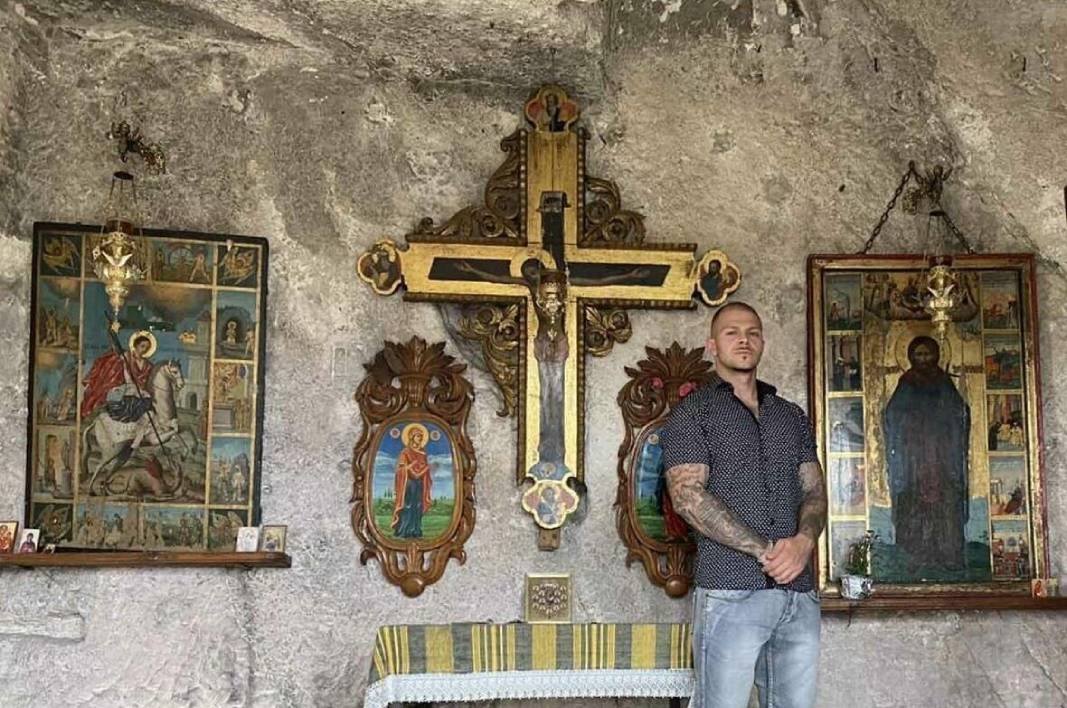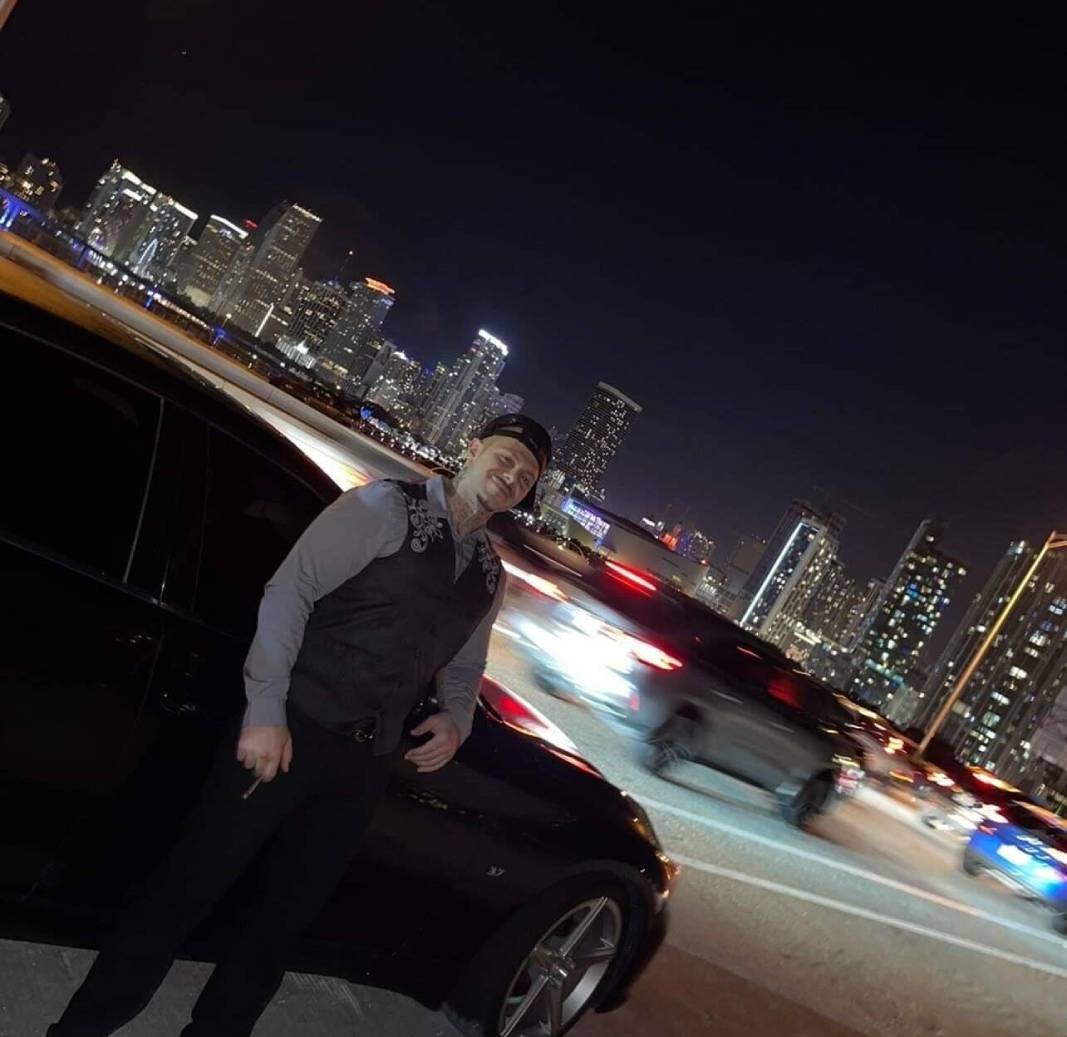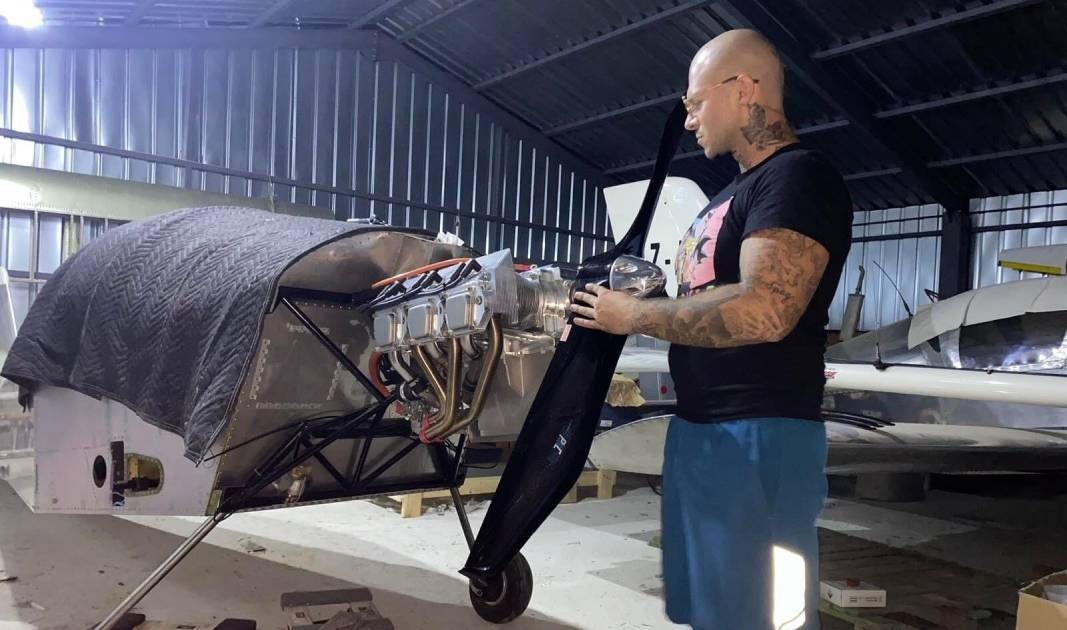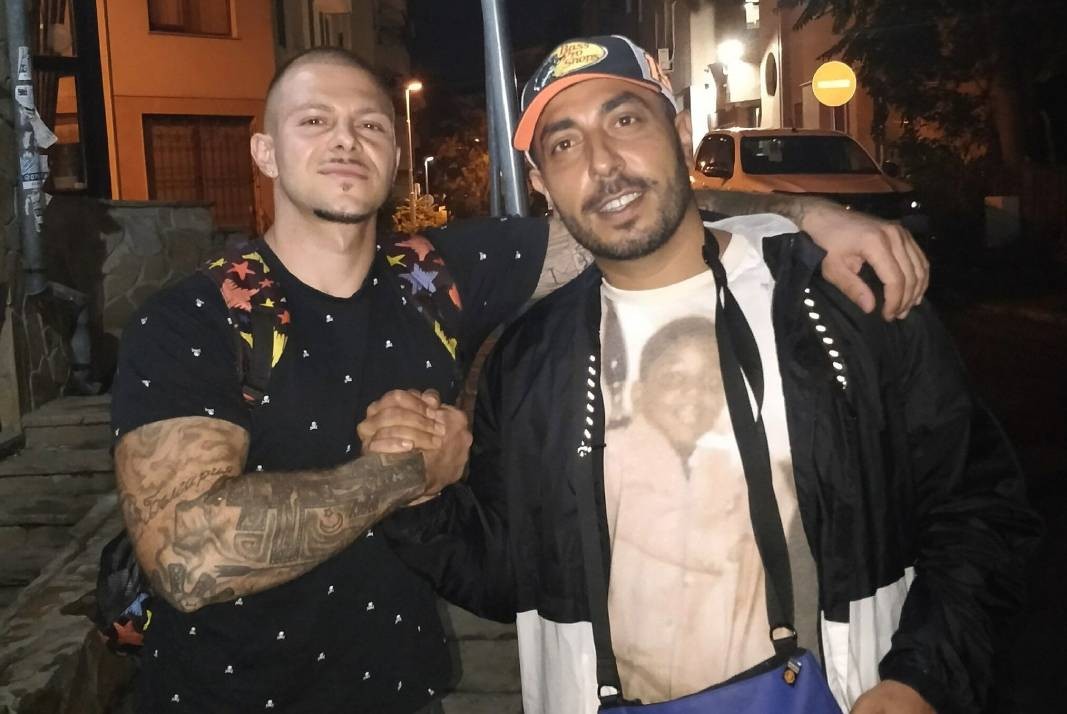De Là Trâp - this sonorous name attracted the attention of hip-hop culture fans in Bulgaria this year. For just two months, the joint project "333" with famous rapper 100 KILA collected nearly 1 million views on one of the video sharing platforms. De Là Trâp is Marin Marinov - a young Bulgarian who studied and worked in the US. The Covid-19 pandemic made him think about his loved ones in Bulgaria and since then he has been spending more time in his homeland.

"I was born in Sofia and when I was in the second grade, my parents and I moved to Chicago,” Marin continues to introduce us to his story. “I lived in Chicago but 8 years ago I moved to Miami. During the coronavirus pandemic, when the measures were tightened in the US, I decided to go home to Bulgaria to be closer to my grandmothers and to devote time and attention to them. I could not be around them when I was a child and the thought of Bulgaria has always stayed with me. In the US, I studied first at a high school, then at a university, but something always drew me to Bulgaria. And that's why I always wanted to come here. If I didn't come for more than a year I felt sad. For about four years now I have been spending more time in Bulgaria than in the USA."

Although he is from Sofia, De Là Trâp's Bulgarian location is Plovdiv. In this way he is closer to his grandmothers. The city also attracts him with its warmer climate, less traffic and its location - in the middle of Bulgaria, from where the distances to the country's larger cities are nearly the same. We ask him to compare life here and in America, as well as to share whether the United States is still the land of unlimited opportunities, as our parents perceived it.

"The truth is that opportunities depend on a person's perspective. In Bulgaria there are also opportunities if one sees things from a different angle and if they are persistent. Of course, in the USA the ceiling is much higher because the market is also significantly bigger. It's very important how you see the world. The American dream once was to have a family and a job that gives you security. Today there is no job that guarantees security as the time we live in is dynamic and the need for some activities disappears. I was able to see many of America's opportunities and I am grateful. When I moved from Chicago to Miami, a much larger horizon opened up in front of me. I have dealt with computer technology, with hardware, with cryptocurrency; I have worked in the field of marketing and advertising, in the entertainment business. Miami is a different world. There you encounter the unlimited possibilities, the luxurious life, the expensive cars... And the very fact that you see people who can afford such a life changes your view of the world. It kind of opens your eyes and shows you that such a life is attainable."

Now, De Là Trâp hopes to be able to apply this life philosophy in Bulgaria, as hip hop is one of the spheres in which he is already developing. It was in Miami where the Bulgarian met people from the music industry who inspired him to continue working in show business.

"Part of this idea is that when my music starts to generate more funds, half of the profits will go to such noble causes. Not that this would completely change Bulgaria but I would like to start something like a movement that will convince people we can fix our country with our own strength and means. It does not depend just on money. To set a good example, to inspire a young person with your work, or simply to show good in some way is also priceless."
Author: Krasimir Martinov
Publication in English: Alexander Markov
Photos: De Là Trâp’s personal archive
Dr Maya Padeshka is one of a number of university lecturers beyond Bulgaria's borders who have dedicated their lives to spreading Bulgarian culture and language. Six years ago she won a competition organised by the Ministry of Education and Science, which..
Iconographer and educator - these two words naturally come to mind when we seek to bring back from the depths of history an artist who began his artistic journey in the first years after Bulgaria's liberation from Ottoman rule in 1878. Milyo Marinov..
We are used to "news stories" on our social profiles about the seven huge oil portraits of Bulgarian opera singers at La Scala or about the first Bulgarian concertmaster at the Vienna Philharmonic's New Year's concert. But sometimes we leave important..

+359 2 9336 661
